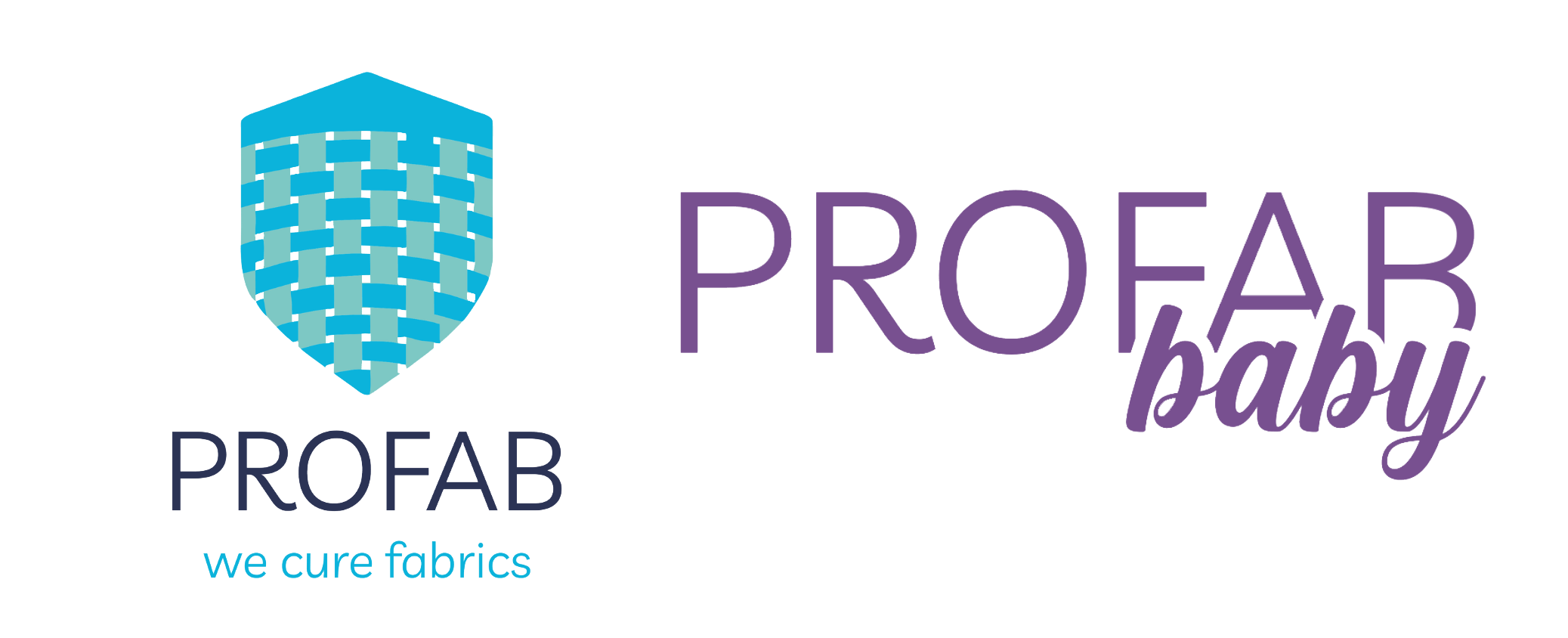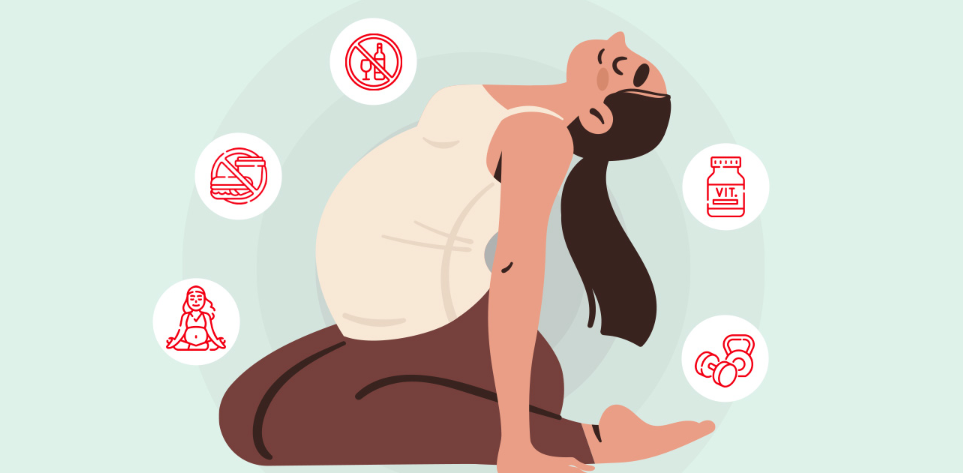Embarking on the journey to parenthood is an exciting and life-changing experience. As you prepare to welcome a new life into the world, it is essential to ensure that your body is in optimal health to support a healthy pregnancy and childbirth. Preparing your body for pregnancy involves more than just conceiving; it’s about laying the groundwork for a healthy and fulfilling journey into motherhood. In this blog, we’ll explore essential tips and advice for preparing your body for pregnancy, covering everything from lifestyle changes to medical considerations.
- Consult with Your Healthcare Provider: Before attempting to conceive, schedule a preconception appointment with your healthcare provider. During this visit, your doctor can assess your overall health, review your medical history, and provide personalized guidance on preparing for pregnancy. They may recommend prenatal vitamins, discuss any existing health conditions or medications, and offer advice on achieving a healthy weight.
- Adopt a Healthy Lifestyle: A healthy lifestyle is essential for optimizing fertility and supporting a healthy pregnancy. Focus on maintaining a balanced diet rich in fruits, vegetables, whole grains, lean proteins, and healthy fats. Minimize your intake of processed foods, sugary snacks, and excessive caffeine. Aim to stay physically active with regular exercise, such as walking, swimming, or prenatal yoga, but avoid strenuous activities that may pose a risk to pregnancy.
- Take Prenatal Vitamins: Start taking prenatal vitamins containing folic acid at least one month before trying to conceive. Folic acid is crucial for preventing neural tube defects in the developing fetus. Your doctor may also recommend other supplements such as iron, calcium, and omega-3 fatty acids to support your nutritional needs during pregnancy.
- Maintain a Healthy Weight: Achieving and maintaining a healthy weight is important for fertility and pregnancy outcomes. Being underweight or overweight can affect hormone levels and ovulation, potentially impacting your ability to conceive. Aim for a healthy body mass index (BMI) by following a balanced diet and engaging in regular physical activity. If you’re struggling with weight management, seek support from a healthcare provider or registered dietitian.
- Address Medical Concerns: If you have any underlying medical conditions such as diabetes, thyroid disorders, or hypertension, work with your healthcare provider to optimize management before conceiving. Certain medications may need to be adjusted or discontinued to ensure the safety of pregnancy. Additionally, if you have a history of reproductive issues or miscarriages, discuss them with your doctor to develop a personalized plan for conception and prenatal care.
- Reduce Stress and Practice Self-Care: Managing stress and prioritizing self-care are crucial aspects of preparing for pregnancy. High levels of stress can impact hormone levels and fertility, so find healthy ways to relax and unwind. Practice mindfulness techniques, such as meditation or deep breathing exercises, and engage in activities that bring you joy and fulfillment.
- Avoid Harmful Substances: Toxic substances such as tobacco, alcohol, and recreational drugs can harm both fertility and fetal development. If you smoke, quit smoking before trying to conceive, and avoid exposure to secondhand smoke. Limit alcohol intake or abstain from alcohol altogether, as excessive drinking can increase the risk of birth defects and developmental issues. Additionally, avoid exposure to environmental toxins and hazardous chemicals that may pose a risk to pregnancy.
Conclusion: Preparing your body for pregnancy is a proactive and empowering process that sets the stage for a healthy and successful journey into motherhood. By prioritizing your health, adopting a healthy lifestyle, addressing medical concerns, and practicing self-care, you can optimize your fertility and lay the foundation for a positive pregnancy experience. Remember to seek guidance from your healthcare provider at every step of the way, and embrace this transformative time with confidence and optimism.


